What to do when things go wrong
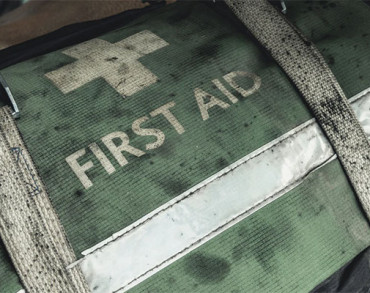

Do you know what to do if someone suffers the effects of an overdose?
Almost any drug, whether over the counter, prescription or illicit, can cause a person to suffer the effects of an overdose when taken in excess. This can have fatal consequences unless quick care is available.
Our partners at St John are experts in first aid, and they offer the following advice:
Many young people are exposed to the risks of taking a ‘recreational drug’ at a party or entertainment venue, often without knowing the nature of the substance concerned. Sometimes a cocktail of drugs may be taken in the hope of enjoying a high, but this can prove to be a fatal step and seriously complicates the medical treatment required. The first aider is unable to give any specific treatment for the patient and can only give care following the normal priorities of basic life support.
Alcohol taken in excess can have a serious effect on the body. In the early stages the patient may be unaware of hazards, with loss of coordination, and is at risk of injury. Later the patient is likely to become unconscious and needs close supervision and airway care to avoid airway obstruction and possible death.
Symptoms and signs of overdose (not all may be present):
- Drowsiness, loss of coordination and collapse
- Confusion or hallucinations
- Altered breathing pattern or breathing difficulty
- Mood changes including excitability, aggression or depression
- Pale, cold and clammy skin
- Nausea or vomiting
- Seizures
- Abdominal pain
- Evidence of poisons, containers, smells, etc
How you can help
1. Assess the patient
Check the level of consciousness. If the patient is not fully conscious and alert, turn them onto their side and ensure they are not left alone.
2. Reassure the patient
Talk to the patient in a quiet and reassuring manner.
Sometimes patients may become agitated. Enlist friends or family to calm and reassure the patient. Consider calling the police if the safety of the patient or others becomes threatened.
3. Identify the drug taken
Ask what the patient has taken, how much was taken, when it was taken, and whether it was swallowed, inhaled or injected.
Look for evidence that might assist the hospital staff with treatment and keep any container, syringe or needle and any vomit to aid analysis and identification.
Some drugs create serious overheating of the body, and if this is noticed, remove unnecessary clothing to allow air to reach the skin surface to assist with cooling.
Call 111 for an ambulance.
First time drug use can be especially risky. You can find out more about what to do in an emergency through St John.
If you have any concerns about your own drinking or drug taking, get in touch with the Alcohol Drug Helpline on 0800 787 797, or text 8681. You’ll be able to speak with a trained counsellor who can provide you with helpful information, insight and support. They’re available 24/7, all calls are free and confidential. You can also chat to the team through their website.
This article originally appeared on the St John website.
Latest Articles
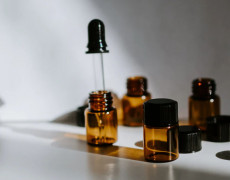
15 Apr 2024
Thinking of using GBL/GHB?
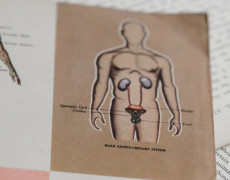
12 Apr 2024
Ketamine and bladder damage – know the risks
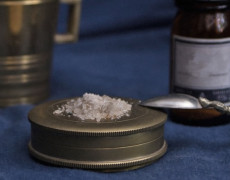
8 Mar 2024
Synthetic cathinones explained
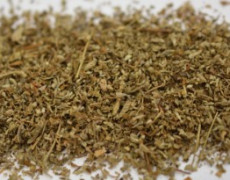
22 Feb 2024
What’s happening with synthetic cannabinoids?
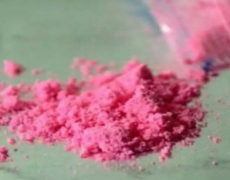
31 Jan 2024
What is tuci?
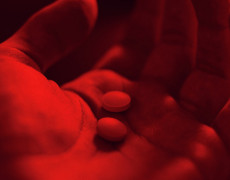
19 Jan 2024
Answering some common questions about MDMA

10 Jan 2024
Understanding the risks of the comedown

5 Jan 2024
Looking after your mental health

15 Dec 2023
Tips for a safer night out
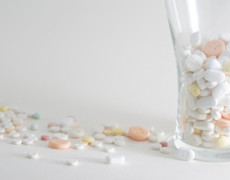
12 Dec 2023
To mix it is to risk it
